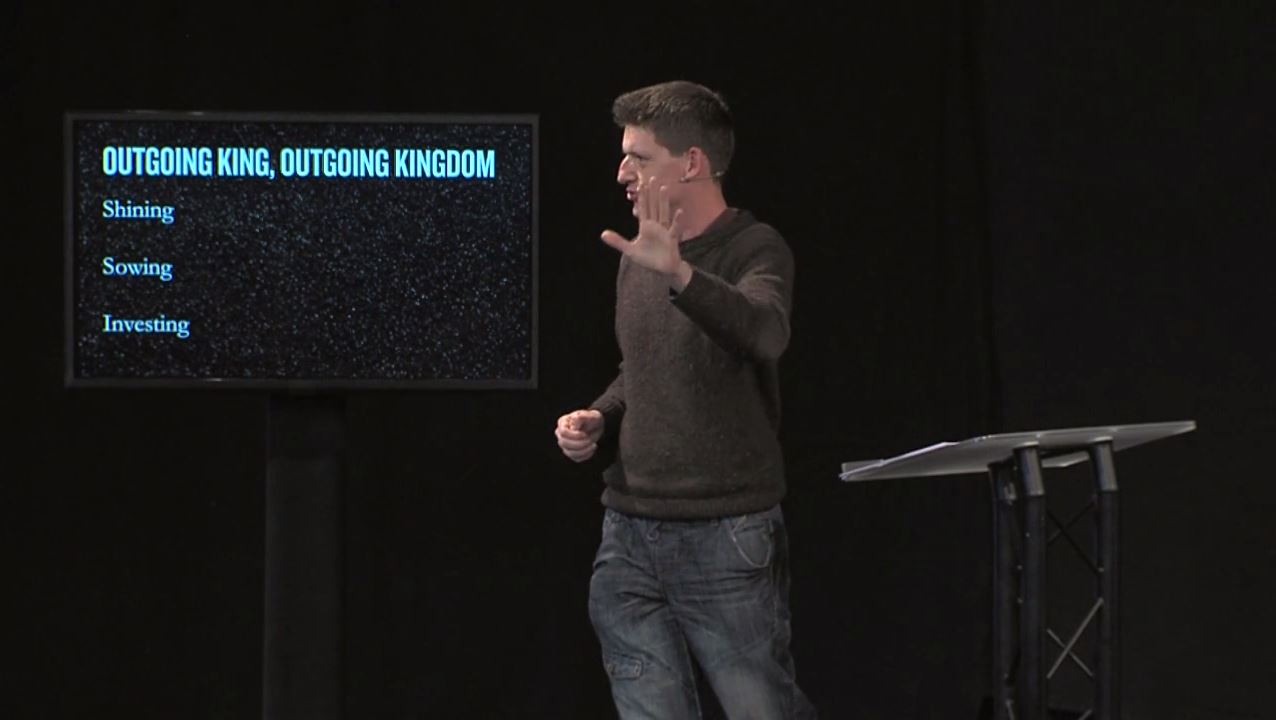 We want community and we want inclusion. But how do we have both?
We want community and we want inclusion. But how do we have both?
Because a community is not a random collective. A community is a unity. And it's unified around something or towards something. Sometimes it's united against something. Better if it's united for something. But whatever the principle of unity there is an inner logic or goal or ethos or context or journey that binds us together.
It seems patently obvious that whatever this principle of unity is, it cannot itself be "inclusion". If all you have is a principle of inclusion you don't actually have a community. As we invite people to "Climb aboard" we might want to insist "All welcome, whoever you are, come along for the ride!" but we'll be clear that this is a ride and it's heading somewhere. What we won't do is scoop up bystanders and include them quite apart from their commitment to the journey. Nor will we immediately put newcomers in the driver's seat without a clear indication that they want to go where we want to go. That would not be good for the community and it would not be good for the newcomer.
Here is Rowan Williams on why language of "inclusion" might not be good for the community:
“I don't believe inclusion is a value in itself. Welcome is. We don't say 'Come in and we ask no questions'. I do believe conversion means conversion of habits, behaviours, ideas, emotions. The boundaries are determined by what it means to be loyal to Jesus Christ.”
The community we want to include people into is already bounded by certain principles, centred on certain belief, heading in certain directions. Those outside the community are very welcome, but they're welcome like house guests are welcome. There is already an ordering to the house and guests knocking through load-bearing walls is not good for the community.
Nor is it good for the newcomer.
This is Jordan Peterson's point here as he insists that we should not simply affirm people's self-declared identities. We need communities to contradict our individual identities. If we don't have that, we go insane.
I've transcribed his 3 minutes below, but it's worth a watch:
If the world is required to validate your identity you are done for. And the reason for that is that every single one of you have a pathological direction in which you are likely to go. And that’s because every temperamental virtue comes with a temperamental vice. You think you’re sane. You’re not. You’re not even close. If I put you alone in a cave for two weeks you’d be done. You can’t be sane on your own.
So what happens is that your parents, if they have any sense, train you, roughly speaking, to be vaguely acceptable to other people. They keep nudging and winking at you every time you’re a moron so that you get nudged into something approximating acceptable. And you’re clued in enough to pay attention so that if someone raises an eye brown or doesn’t find your joke funny, (or something rather subtle like that), you immediately revise your identity. And we are always nudging each other and revising each other non-stop - exchanging information about how to stay sane.
And if I'm forced into a position where I have to validate your identity? What if your identity is wrong? What if it’s pathological? What if it doesn’t serve you well? And I start validating you... Do you think I'm your friend. I'm not your friend at all. I'm a mirror for your narcissism. And you will disappear and drown.
I see this happening all the time with people. If you’re fortunate you are surrounded by people who like you now and wish you’d be a little better. And they’ll let you know when you’re failing on that. You don’t even have to think that much, all you have to do is watch. Is this person rolling their eyes at you? (That’s a bad one. That means divorce by the way, when you get to the eye rolling stage. That’s not good.)
But basically you're fortunate that people don’t validate your damn identity. What makes you think you’ve got your identity figured out? You’re really complicated and you’re clueless as hell about it. Because you can’t represent yourself entirely. You’re the most complicated thing that exists. How are you going to come up with an accurate definition of your identity. You’ve got a hundred people out there helping you out if you’ve got any sense. If you’re vaguely tolerable. They’re kind of hinting at you not only what you are but also what you might become. Then you should welcome invalidation of your identity.
Now if they’re malicious well then that's a different story. But it’s not that easy to separate out accurate criticism, especially if it hits you right where it hurts which is when you’re wrong. You can’t separate that out from maliciousness or hate speech… good luck.
You never learn anything without pain. And often, when you receive a piece of corrective information from someone, if you could throw that person in jail you would. That doesn’t mean they’re wrong.
Inclusion in the abstract is not a value to aspire to. Welcome? Yes please. "Come to the waters all you who thirst?" Amen. But as each of us come we leave our self-determined identities at the door. In coming we are submitting to the community - a community that will keep us sane if only we let it invalidate our most cherished identities and re-form us as children of God.



 Want the gospel to go forwards? Lock your church doors.
Want the gospel to go forwards? Lock your church doors.





 Last month I was helping out with a number of student missions. One mainstay of the university mission is a "lunch bar." The Christian Union provides free food, there's a talk (often with a provocative title) and then the speaker fields questions.
Last month I was helping out with a number of student missions. One mainstay of the university mission is a "lunch bar." The Christian Union provides free food, there's a talk (often with a provocative title) and then the speaker fields questions.








 I absolutely loved the evening. We were well hosted by the Postsmouth Uni Islamic Society who provided the refreshments. There were about equal numbers of Christians (from the Christian Union) and Muslims in the audience. At the end scores of Muslims personally requested John's Gospels. I drove home buzzing. When you talk to Muslims about the gospel you speak about the things that matter: Who is God? Who is Jesus? Is the Bible the word of God? What is salvation? How can I know I'm right with God?
I absolutely loved the evening. We were well hosted by the Postsmouth Uni Islamic Society who provided the refreshments. There were about equal numbers of Christians (from the Christian Union) and Muslims in the audience. At the end scores of Muslims personally requested John's Gospels. I drove home buzzing. When you talk to Muslims about the gospel you speak about the things that matter: Who is God? Who is Jesus? Is the Bible the word of God? What is salvation? How can I know I'm right with God?